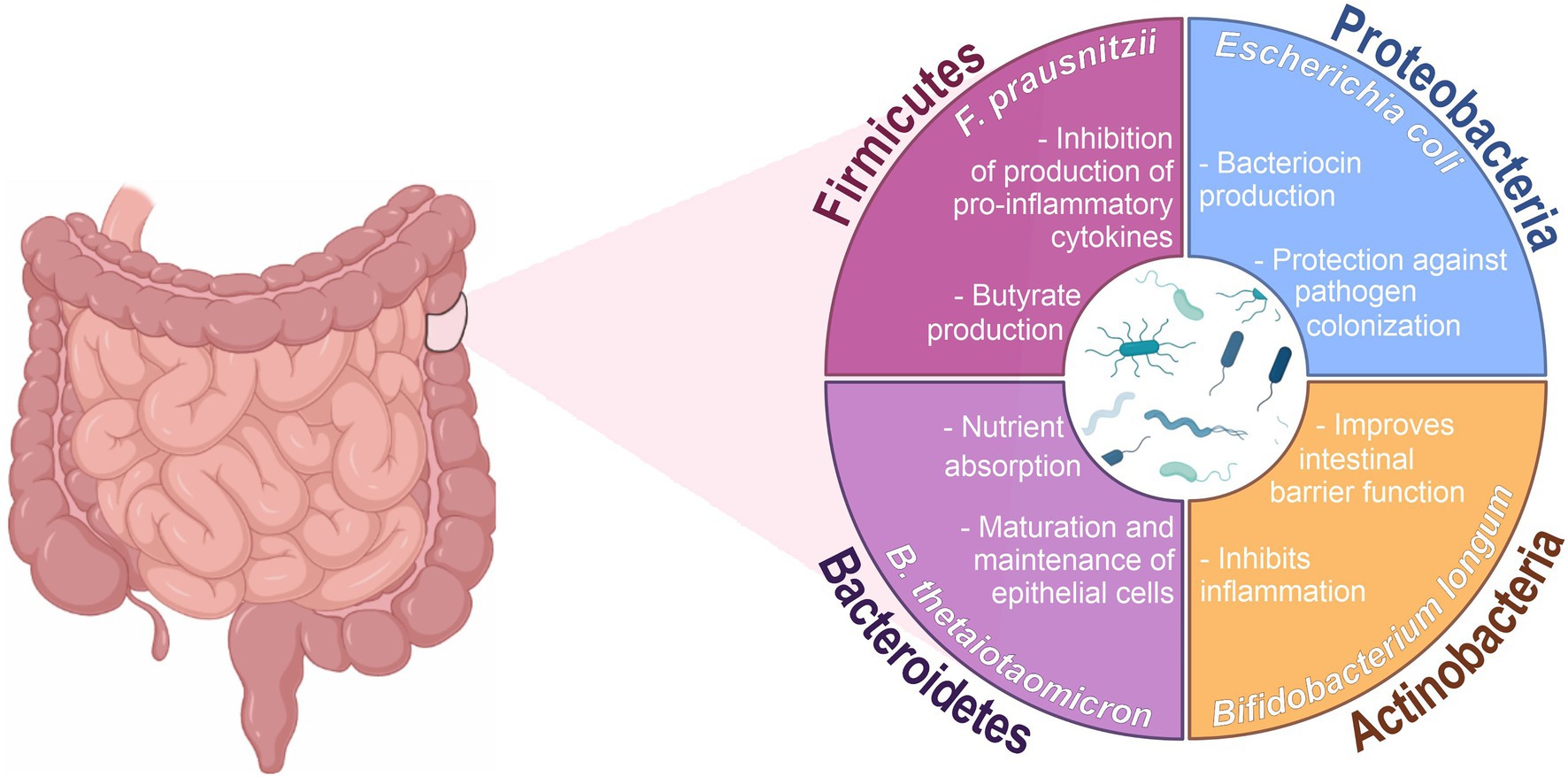
Did you know your gut houses trillions of “invisible roommates” that could dictate your health destiny? The gut microbiome—a universe of bacteria, viruses, and fungi—does more than digest food. It’s a puppeteer pulling strings in immunity, mood, and chronic diseases. As the www.turkishdoctor.ae editor, we’ve dived into the latest research to decode how these microbes shape everything from diabetes to depression. Let’s unravel the science, one bacterium at a time.
Gut Microbiome 101: Meet Your Inner Ecosystem
Your gut hosts over 1,000 species, weighing up to 2 kg—equivalent to a human brain. Firmicutes and Bacteroidetes dominate, but balance is key. For example, Turkish studies by TÜBİTAK found rural populations have higher microbial diversity due to fermented foods like turşu (pickles). Urban diets, heavy in processed carbs, slash this diversity, raising disease risks.
Immunity: The Gut’s Secret Army
Seventy percent of immune cells reside in the gut. Beneficial microbes train T-cells to distinguish foes from friends. When dysbiosis (imbalance) strikes, the army misfires. Research at Istanbul University links low Akkermansia levels to autoimmune diseases like rheumatoid arthritis. Probiotic strains like Lactobacillus casei, found in yoğurt, can reduce flare-ups by 30%.
Obesity and Diabetes: The Microbial Culprits
Certain bacteria extract more calories from food—a survival trick turned curse. Obese individuals often have more Firmicutes, which harvest energy from fiber. A Turkish study noted that şekerli içecekler (sugary drinks) feed harmful bacteria, triggering insulin resistance. Transplanting “lean microbiota” into obese mice reversed diabetes in trials.
Mental Health: The Gut-Brain Axis
Your gut produces 90% of serotonin—the “happy hormone.” Pathogens like Clostridium difficile release toxins that disrupt this. Anxiety patients in Ankara clinics showed lower Bifidobacterium levels. Fermented foods like kefir, rich in Lactobacillus, improved symptoms in 65% of cases. Even Alzheimer’s is linked to amyloid proteins produced by gut bacteria.
Inflammatory Bowel Disease (IBD): A Microbial War Zone
Crohn’s and colitis patients have 25% less microbial diversity. Faecalibacterium prausnitzii, a peacekeeper bacteria, is often missing. Turkish gastroenterologists use fecal transplants to replenish it, with 40% success in remission. Avoid NSAIDs like aspirin—they erode the mucosal layer, inviting inflammation.
Heart Health: Cholesterol’s Bacterial Architects
Gut microbes convert choline (in eggs) into TMAO, a compound that stiffens arteries. A study in İzmir found high TMAO levels in 80% of heart attack patients. Omega-3s from balık (fish) boost Roseburia, a bacteria that lowers TMAO. Garlic, a Turkish staple, also inhibits harmful enzyme production.
Cancer: The Double-Edged Microbes
Helicobacter pylori causes stomach cancer but protects against esophageal cancer. Specific strains like Fusobacterium nucleatum accelerate colon cancer by suppressing immune responses. Researchers at Hacettepe University are testing probiotics to neutralize these strains during chemotherapy.
Skin Health: Gut’s Mirror
Rosacea and eczema often stem from leaky gut syndrome. Harmful microbes breach the gut lining, sparking inflammation. A trial in Antalya showed that L. rhamnosus supplements reduced acne by 22% in 8 weeks. Traditional çörek otu (black seed) oil also strengthens gut-skin communication.
Autoimmune Diseases: Friendly Fire
When gut bacteria mimic human proteins, the body attacks itself—a process called molecular mimicry. For instance, Prevotella copri is linked to lupus. Turkish rheumatologists recommend low-red-meat diets to starve these bacteria, easing symptoms in 50% of ankylosing spondylitis patients.
Antibiotics: A Double-Edged Sword
While lifesaving, antibiotics wipe out 30% of gut diversity. A Turkish Pediatrics study found kids given antibiotics before age 2 had higher asthma rates. Always pair antibiotics with prebiotics like enginar (artichokes) to fuel good bacteria.
Diet: Your Microbes’ Menu
The Mediterranean diet—rich in zeytinyağı (olive oil), fish, and fiber—boosts Bacteroidetes. A Turkish cohort study found villagers consuming daily baklagiller (legumes) had 40% lower diabetes risk. Avoid emulsifiers (E471) in packaged foods; they dissolve protective mucus.
Testing Your Microbiome: A Turkish Perspective
Istanbul labs like Mikrobiyota offer stool tests analyzing 12 key bacterial groups. Costs vary, but insurance rarely covers it. Post-analysis, nutritionists craft diets using local foods like bulgur and şalgam (turnip juice).
Is Your Gut microbiome a Silent Partner or a Hidden Foe?
These microbes outnumber your cells 10:1—ignoring them is like ignoring a co-pilot. While Turkish research advances, practical steps matter: Eat fermented foods, ditch processed sugars, and listen to your gut’s whispers. After all, health isn’t just what you eat, but who you feed inside.

 then "Add to Home Screen"
then "Add to Home Screen"